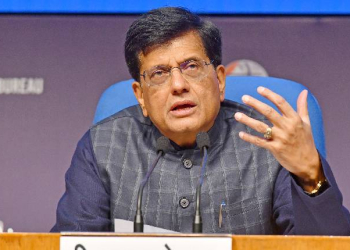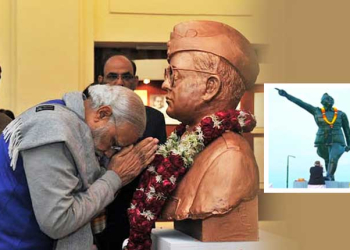New Delhi: The Supreme Court on Monday said if the seeds of the commercial relationship between the Antrix Corporation and Devas Multimedia, were a product of fraud perpetrated by latter, “then the plant which grew out of those seeds was infected with poison of fraud”, as it upheld the NCLT order, directing the firm’s winding up.
Antrix Corporation is the commercial arm of Indian Space Research Organisation (ISRO).
A bench of Justices Hemant Gupta and V. Ramasubramanian, in their 134-page judgment, said: “We do not know if the action of Antrix in seeking the winding up of Devas may send a wrong message to the community of investors.
“But allowing Devas and its shareholders to reap the benefits of their fraudulent action, may nevertheless send another wrong message namely that by adopting fraudulent means and by bringing into India an investment in a sum of Rs 579 crore, the investors can hope to get tens of thousands of crores of rupees, even after siphoning off Rs 488 crore.”
In May last year, the Bengaluru bench of the National Company Law Tribunal (NCLT) ordered the winding up of Devas, at the instance of Antrix. It also appointed a provisional liquidator, saying Devas was incorporated with a fraudulent motive to collude with the then officials of Antrix Corporation, to get bandwidth from it by entering into an agreement in 2005. In September last year, the National Company Law Appellate Tribunal upheld the NCLT’s order.
Justice Ramasubramanian, who authored the judgment on behalf of the bench, said: “If the seeds of the commercial relationship between Antrix and Devas were a product of fraud perpetrated by Devas, every part of the plant that grew out of those seeds, such as the agreement, the disputes, arbitral awards etc., are all infected with the poison of fraud. A product of fraud is in conflict with the public policy of any country including India.”
The bench emphasised that the basic notions of morality and justice are always in conflict with fraud and hence, the motive behind the action brought by the victim of fraud can never stand as an impediment. Dismissing Devas’ appeal against its winding up, the bench said: “We find all the grounds of attack to the concurrent orders of the NCLT and NCLAT to be unsustainable.”
The top court declined to accept contentions that the actual motive was to deprive Devas of the benefits of a unanimous award passed by the ICC arbitral tribunal. It noted that as a matter of fact, fraud as projected by Antrix, stands established, the motive behind the victim of fraud, coming up with a petition for winding up, is of no relevance.
It refused to entertain Devas Multimedia’s contention that the criminal complaint has not reached its logical end, and if Antrix officials and shareholders of Devas are acquitted after trial, the clock cannot be put back, if the company was wound-up. “The standard of proof required in a criminal case is different from the standard of proof required in the proceedings before the NCLT. The outcome of one need not depend upon the outcome of the other, as the consequences are civil under the Companies Act and penal in the criminal proceedings,” it noted.
In 2011, Antrix had cancelled its 2005 contract to lease space segment capacity on two satellites. In 2015, Devas won arbitration proceedings before the International Chamber of Commerce, which resulted in an award of $1.3 billion against Antrix.
(IANS)


















